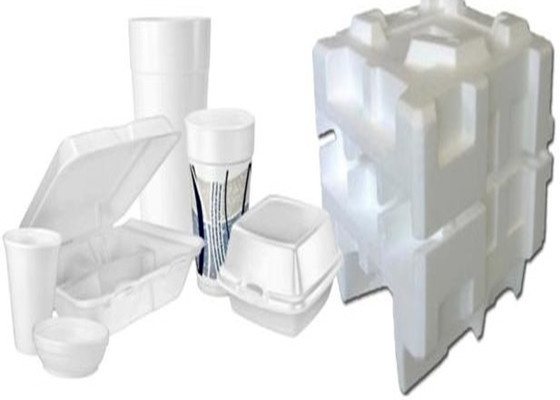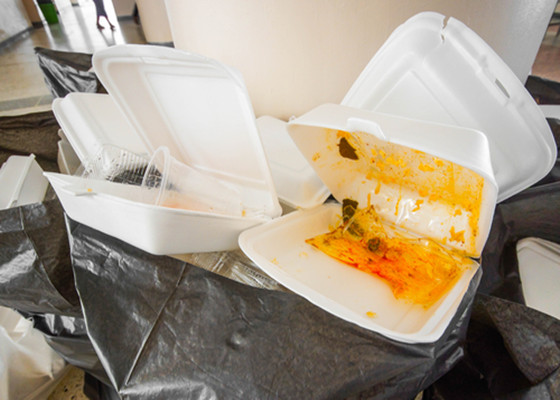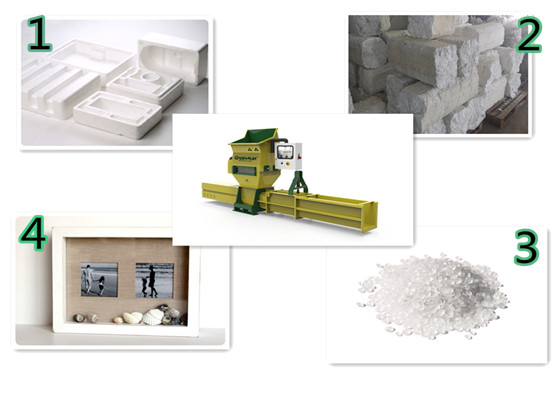Since I heard that a group of yoga instructors has launched an online petition that aims to ban polystyrene in Hong Kong.
Clayton Horton, along with fellow instructors at Pure Yoga Wendy Wyvill and Lina Zapata, believe that the problem of polystyrene pollution has to be solved in Hong Kong.
“Our petition is asking for a complete ban on Styrofoam (expanded polystyrene). We need new ways of packaging that have an appropriate ecological footprint. Most merchants have no idea of the environmental local impact of their Styrofoam packaging. It is our vision that very soon the Hong Kong government will address this serious pollution issue and Hong Kong will be a shining example for other Asian nations to follow.” said Clayton Horton.
Polystyrene containers are commonly used for take-out food, but chemicals can leach into it and contaminate that food, affecting human health and reproductive systems.
Polystyrene is non-biodegradable. Large amounts of polystyrene have accumulated along coastlines and waterways around the world. It is considered a main component of marine debris.
In order to dispose of polystyrene waste, GREENMAX from INTCO has always been dedicated to polystyrene recycling.
GREENMAX high-efficiency polystyrene compactor has been welcomed in polystyrene recycling fields. No doubt that this recycling machine can 100 percent recycle waste polystyrene foam with zero pollution.
The waste foam will be compacted by the machine and then it can be compacted into EPS blocks and then be granulated into PS pellets. Additionally, the PS pellets can also be sold at a good price or be used to make other products.
Therefore, polystyrene recycling can make good use of resources as well as protect our ecological environment effectively。



